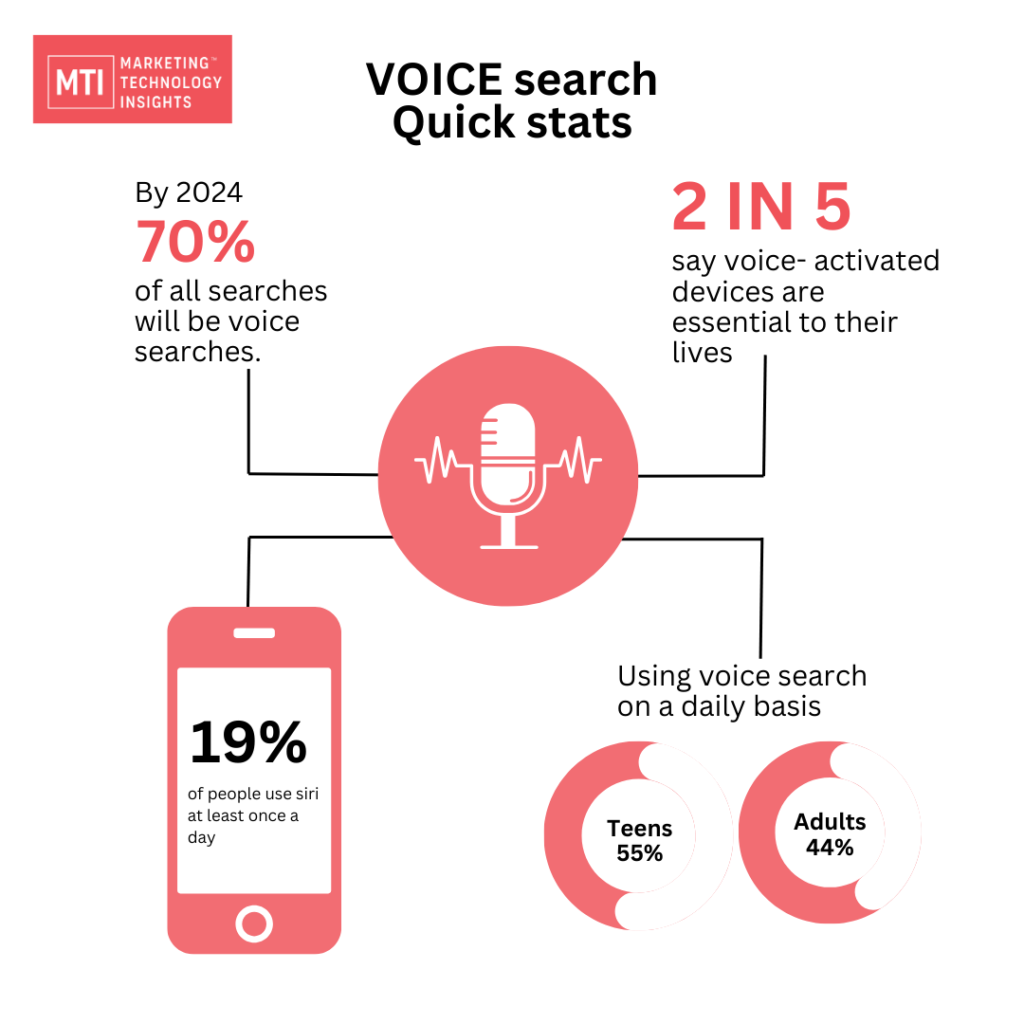After wearable the ubiquitous use of voice search has reshaped the dynamics of how people seek information online. With the proliferation of voice-activated devices such as smartphones and virtual assistants like Siri, Alexa, and Google Assistant, businesses face an imperative to adapt their SEO strategies. This article delves into the profound impact of voice search on SEO and elucidates effective strategies to optimize websites for prominent visibility in voice search results.
Understanding the Dynamics of Voice Search and Its SEO Implications
The advent of voice search technology has revolutionized the user experience with search engines. Instead of typing queries, users can effortlessly speak into their devices, receiving instant results. This shift necessitates a paradigm change in SEO strategies to meet the challenges and leverage the opportunities presented by voice search.
Central to voice search is the natural language processing prowess of voice-activated devices. Users tend to articulate queries conversationally, deploying longer phrases and more natural language compared to typed searches. Consequently, traditional keyword optimization methods need adaptation to align with the distinctive requirements of voice search.
The Ascendance of Voice Search Technology
Voice search has experienced an exponential surge in popularity surpassing social media, driven by the proliferation of virtual assistants like Siri, Alexa, and Google Assistant. Statistical projections indicate a continued upward trajectory in the number of voice searches, underscoring the imperative for businesses to tailor their SEO strategies accordingly.
Its widespread adoption is evident as voice-activated devices seamlessly integrate into households, becoming indispensable for myriad tasks such as setting reminders, playing music, and even facilitating online shopping. This prevalence signifies a fundamental shift in how individuals interact with technology and access information.
Moreover, voice search offers a hands-free and convenient method of obtaining information, particularly appealing to individuals leading busy lifestyles. Whether seeking the nearest coffee shop or directions to a specific location, voice search ensures quick and accurate results, eliminating the need for manual typing and scrolling through search engine results pages.
The Evolution of SEO in the Age of Voice Search

Voice search has instigated a significant transformation in the SEO landscape. As users transition from typing to voice-based queries, search engines have recalibrated their algorithms to prioritize content that aligns with the conversational nature of voice searches. Rather than fixating solely on individual keywords, search engines now emphasize content that matches user intent and adopts a more conversational tone.
This paradigm shift necessitates SEO professionals to recalibrate their strategies, moving beyond traditional keyword density and placement considerations. Understanding the context and intent behind user queries becomes paramount, demanding a nuanced comprehension of the target audience and their evolving search behaviors.
A notable consequence of the voice search era is the increased prominence of featured snippets. Users posing questions through voice search often receive direct answers in the form of featured snippets – concise summaries positioned at the top of search results. Optimizing content to secure placement in featured snippets becomes pivotal for enhancing visibility and driving organic traffic.
The Crucial Role of Conversational Queries in Voice Search SEO
To effectively optimize websites for voice search, a nuanced understanding of conversational queries is indispensable. Unlike traditional typed queries characterized by fragmented keywords, conversational queries are longer and typically formulated as questions. Adapting content to align with these distinctive search patterns becomes pivotal for enhancing visibility in voice search results.
Conversational queries, rooted in natural language formats, are integral to the fabric of voice search. Users, relying on voice-activated devices for searches, engage in a more natural and conversational manner, fostering an intuitive and user-friendly search experience. By tailoring content to resonate with these conversational queries, businesses can augment their visibility in the evolving landscape of voice search.
The significance of conversational queries is underscored by their higher purchase intent. When users articulate specific questions related to products or services, it signals a genuine interest in seeking solutions or making a purchase. Optimizing websites to address these conversational queries becomes a strategic move to tap into user intent and drive qualified traffic.
Unlocking the Potential of Conversational Queries in Voice Search
The rapid growth of voice search is underscored by compelling statistics, with over 40% of adults engaging in voice search at least once daily. Adapting websites for voice search is not merely an option; it has become an imperative. Conversational queries play a pivotal role in enhancing the user experience, aligning with the intuitive and natural manner in which people speak.
The resonance of conversational queries in voice search lies in their alignment with how people articulate queries verbally. Users, when employing voice searches, tend to express themselves in complete sentences, posing questions rather than using fragmented keywords. This shift underscores the need for websites to evolve, providing content that mirrors these conversational patterns.
The importance of conversational queries in voice search is further accentuated by their higher purchase intent. Specific questions related to products or services indicate a sincere interest in finding solutions, presenting businesses with an opportunity to optimize their websites for these queries and attract qualified traffic.
Optimizing for conversational queries involves conducting dedicated keyword research tailored for voice search. Identifying long-tail keywords that mirror the questions users are likely to ask becomes paramount. Integrating these naturally into content, creating FAQ pages, or crafting blog posts that directly address common questions related to the industry are effective strategies.
Effective Strategies for Optimizing SEO for Voice Search
Understanding the pivotal role of conversational queries in voice search, businesses can deploy effective strategies to optimize their SEO and secure prominent positions in voice search results.
1. Keyword Research for Voice Search:
Traditional keyword research remains pertinent, but its approach must evolve. Instead of fixating on individual keywords, businesses should identify and incorporate long-tail keywords and phrases that align with the conversational nature of voice queries. Tools like Google’s Keyword Planner and Answer the Public offer valuable insights into user queries, aiding in the discovery of relevant keywords.
2. Structuring Content for Voice Search:
The structuring of content should align with the conversational tone of voice queries. Organizing content into clear sections, utilizing heading tags for clarity, and providing comprehensive and concise answers to common questions can enhance the chances of being featured in voice search results. Structuring content in a user-friendly manner not only aids search engines in interpretation but also elevates the overall user experience.
3. The Role of Artificial Intelligence (AI) in Voice Search SEO:
AI plays a pivotal role in the realm of voice search SEO. Voice-activated devices and virtual assistants leverage AI algorithms to interpret and respond to user queries. Understanding how AI influences voice search allows businesses to optimize their SEO strategies in alignment with these algorithms. Factors such as context, user intent, and location are pivotal considerations for AI algorithms, necessitating content alignment.
4. Measuring the Success of Voice Search SEO Strategy:
Post-implementation, businesses must measure the success of their voice search SEO strategies. Utilizing tools like Google Analytics, SEMrush, and Moz provides insights into organic traffic, keyword rankings, and user behavior. Key metrics such as voice search impressions, click-through rates for voice search results, and conversion rates from voice search traffic offer valuable indicators of strategy effectiveness.
Conclusion
Voice search, as a transformative force, is reshaping how individuals access information online. Optimizing websites for conversational queries is not merely a recommendation; it has become imperative to remain competitive in the dynamic digital landscape. By comprehending the multifaceted impact of voice search on SEO, implementing effective optimization strategies.



